Floris Wubben is a rare and precious being.
Floris Wubben is a contemporary Dutch designer who didn't study at Design Academy Eindhoven.
When we ask him how such a situation can arise, why he didn't attend Eindhoven, he smiles and replies that we're not the first to ask him that, everybody it seems wants to know. An indication of just how rare and precious a being he is.
Floris Wubben does of course have his atelier in Eindhoven. Anything else would be far too absurd, if not illegal, and until May 24th three of his current projects are being presented under the title "Low Tech Crafts" at the DAD Galerie Berlin.
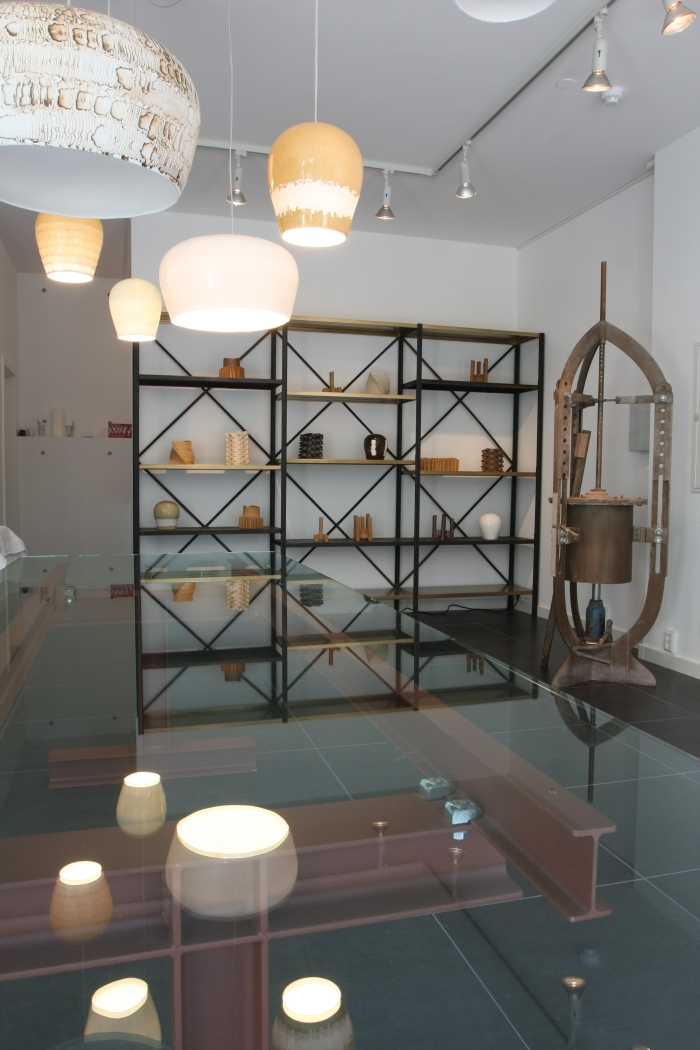
Although superficially an exhibition of ceramic objects and ceramic lighting, Low Tech Crafts is actually an exhibition of the production processes Floris Wubben has developed.
Chronologically the oldest of the projects on show is the so-called Pressed project, a project which also neatly explains why Floris Wubben designs processes, or perhaps more accurately put, why Floris Wubben designs machines. "Initially", explains Floris, "I created unique pieces by traditional processes, which was often a very long and involved process, and so I started thinking that maybe it would be better to develop a technique which creates unique pieces faster, and so which makes them more widely available because they are created in a semi-industrial way."
By his own admission the idea for the subsequent porcelain press was inspired by Play-doh, and much like the perennial kids favourite involves pressing clay through templates. Simply switching the template allows for the creation of pieces with new forms, new characters. As does rotating the template during pressing. The raw material used defining the colour. Porcelain extrusion isn't new, it is, for example, used for industrial production of ceramic tiles; however, through semi-automating a handicraft Floris has moved the craft on and created the possibility of resource light, investment light, decentralised production which maintains the traditional character of the end product and the physical connection between product and producer, or as Floris understands the relationship, "using a machine is a craft, and you have to understand the machine. Sometimes the machines don't work as you want them to and then you have to work through it until you get the result you want, as with any handicraft"
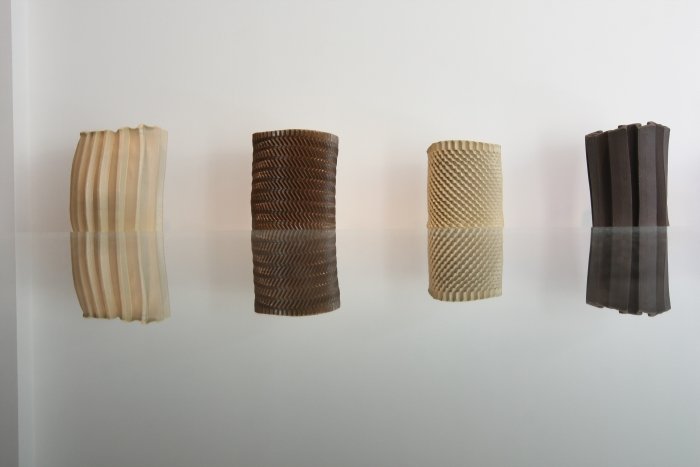
During the course of building and developing the porcelain press Floris Wubben became ever more obsessed with the idea of developing his own machines; the second machine/process he developed owes less to "P as in Play-doh" however and more to "P as in Piet Hein Eek"
"Piet had seen the Pressed project, was very excited by it and kept saying we have to do something together!" recalls Floris. "It was Piet who had the idea to press down and to force the clay upwards, and so I started looking at how we could create such a machine, create a process that allowed such. While working with one of the early prototypes some air became trapped in the construction, I instinctively took a hammer and tapped it.... and the clay came out, a little bit more with every hit. And I thought this is awesome, and just kept hitting it and hitting it, and when Piet saw it he was like this is awesome. And so we built a machine to allow us to achieve such on a larger scale"
The result is essentially a steel drum which is hit with a large wooden mallet. A very heavy looking large wooden mallet, how heavy? we ask,
"Too heavy!!" replies Floris laughing, the memories of a long week of demonstrations under the warm Milan sun still haunting him.
And while yes the Hammered Bowls would appear to fall perfectly into that category of contemporary Eindhoven projects which illicit a response along the lines of, "yes....... OK........ but why?", one must understand them, as with the pressed ceramics, in the wider context. Historically goods were produced by hand, each unique and individual, a testament to the skill or otherwise of those who created them; then came industrialisation which produced goods in uniform quality, and that quicker and cheaper than the craftsman of yore: what was gained in efficiency and price was lost in charm and individuality. Or as Wilhelm Wagenfeld once so eloquently phrased it, industrialisation gave us goods which give the impression that "some international conglomeration of the sedulous, small minded industry and economy have decided to once and for all abolish human dignity." Floris Wubben develops machines which allow for efficient production at rates more than sufficient to support small scale, local, demand; develops machines which produce objects which through their inherent randomness and vernacular innocence radiate a dignity of charachter; and develops machines which in many ways appropriate the machine for craftsman and thus achieve Wilhelm Wagenfeld's ideal in which "machines and handicraft are intimately interwoven with one another"
But does that really have to involve a man hitting an oil drum, Thor like, with an improbably heavy hammer? No of course it doesn't. But it can. And the wonderfully robust yet delicate bowls that result with their wood like grace more than justify the process.
Similarly Floris's newest project, the so-called Globe Project allows for the creation of innumerable related, yet unique, objects in a relatively fast, analogue process. In essence the Globe Project involves a process in which an unbaked porcelain globe is heated with a blow torch, depending on how, where and for how long the flame is applied layers of porcelain peel off. Following the glazing process one has a lamp with its own individual character and charisma yet which is unquestionably a member of a family. And which functions as a lamp.
As ever when in conversation with Eindhoven based designers, sooner or later one has to ask what the future holds for all this research? Unlike many of his contemporaries, Floris has a ready answer, "my vision is a factory with many different types of self-designed machines, each with its own way of creating objects." A vision that is on its way to becoming reality. The first employee is busy hammering pots in Piet Hein Eek's Eindhoven factory, and the next machine is in planning; provisionally titled Pressed Project XL the new machine is, according to Floris, 6 metres high and could, for example, be used to produce extruded ceramic tables and other larger objects.
A development which of course posses the question, will he remain with ceramics? Floris laughs. "Someone recently said to me, "you're that ceramics designer", and I thought OK now I've really got to move on and find a new material! However generally the materials chose me rather than me choosing the materials. I design processes and there is generally a material that best fits with the process. I make the machines and the machines make the choices."
Which is of course a very Eindhoven approach, and a state of affairs we imagine Wilhelm Wagenfeld would heartily approve of.
Floris Wubben - Low Tech Crafts runs at DAD Galerie Berlin, Oranienburger Str. 32 (Heckmann Höfen), 10117 Berlin until Sunday May 24th
Full details can be found at http://dad-berlin.de

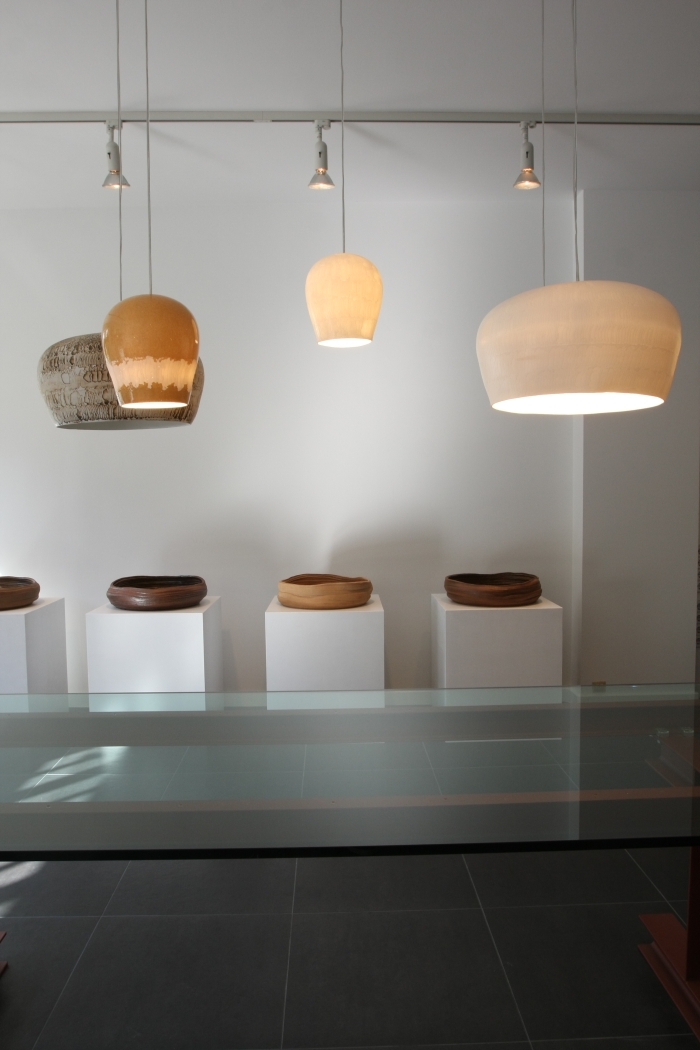
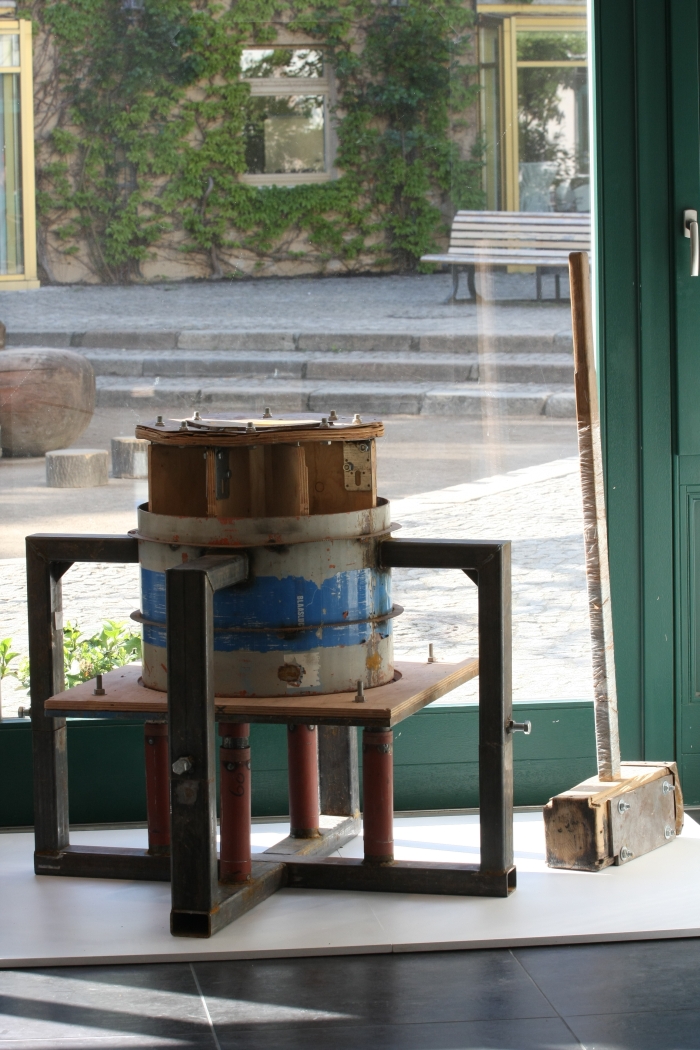
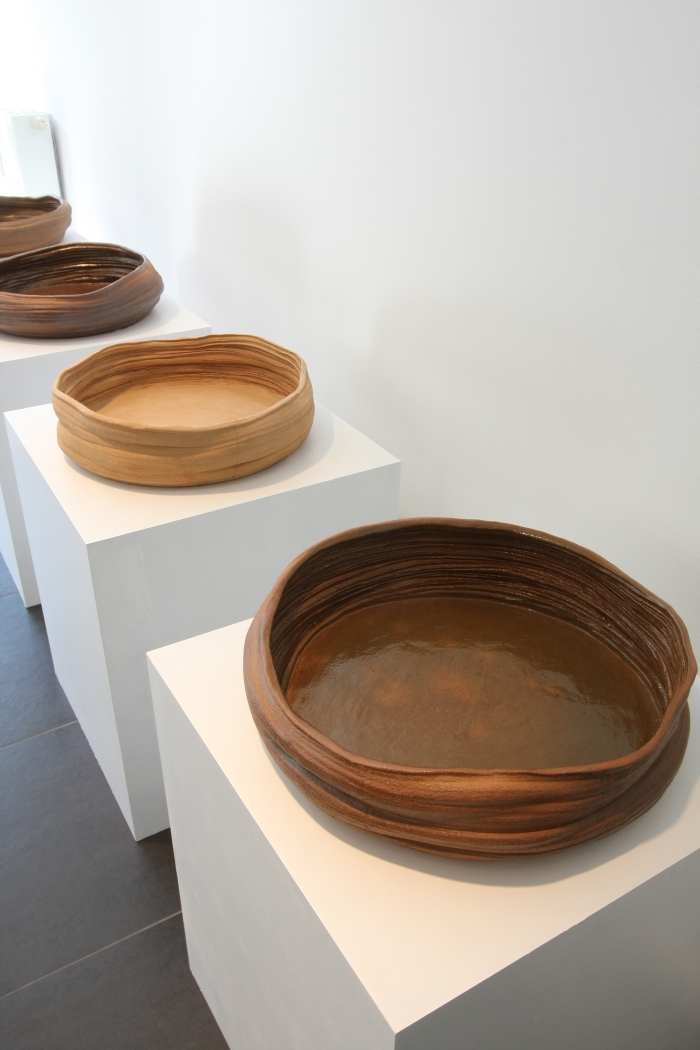
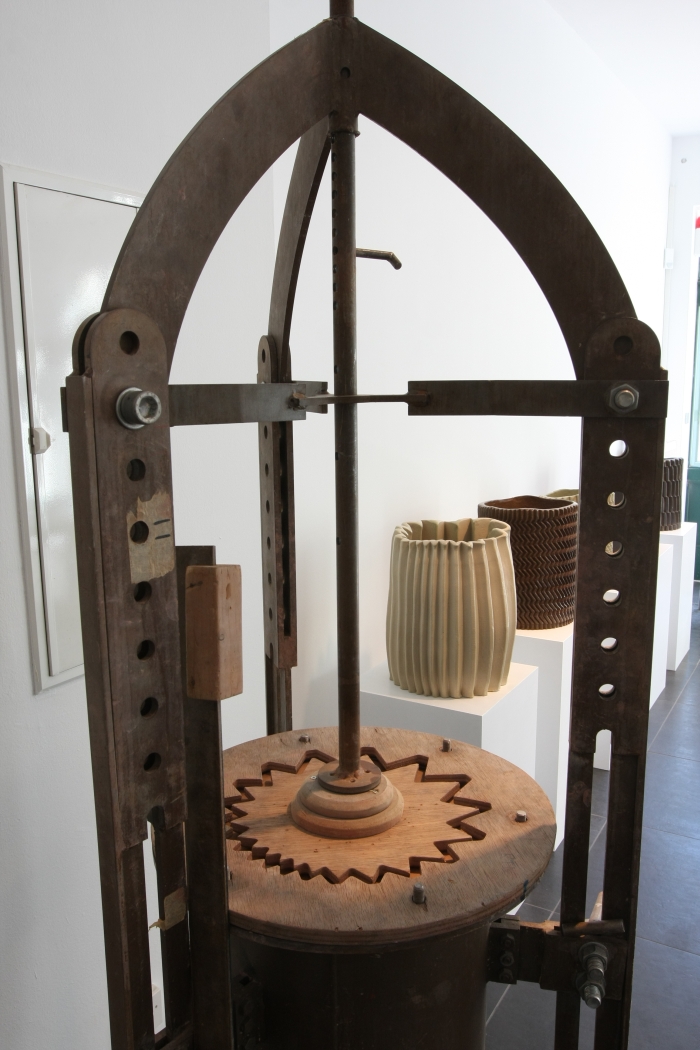

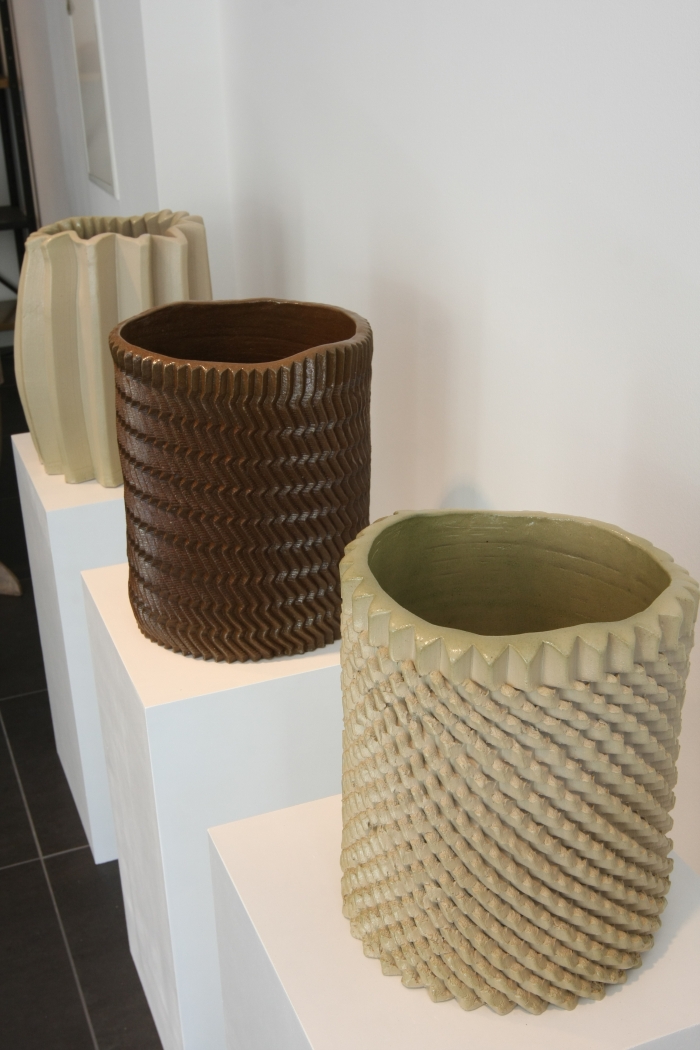
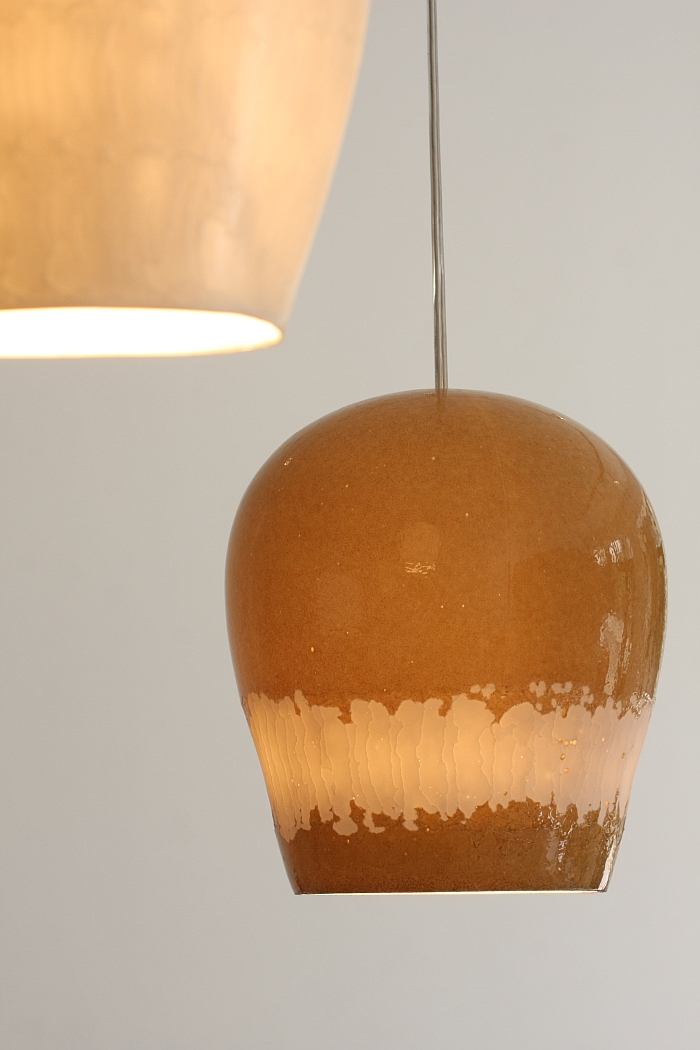
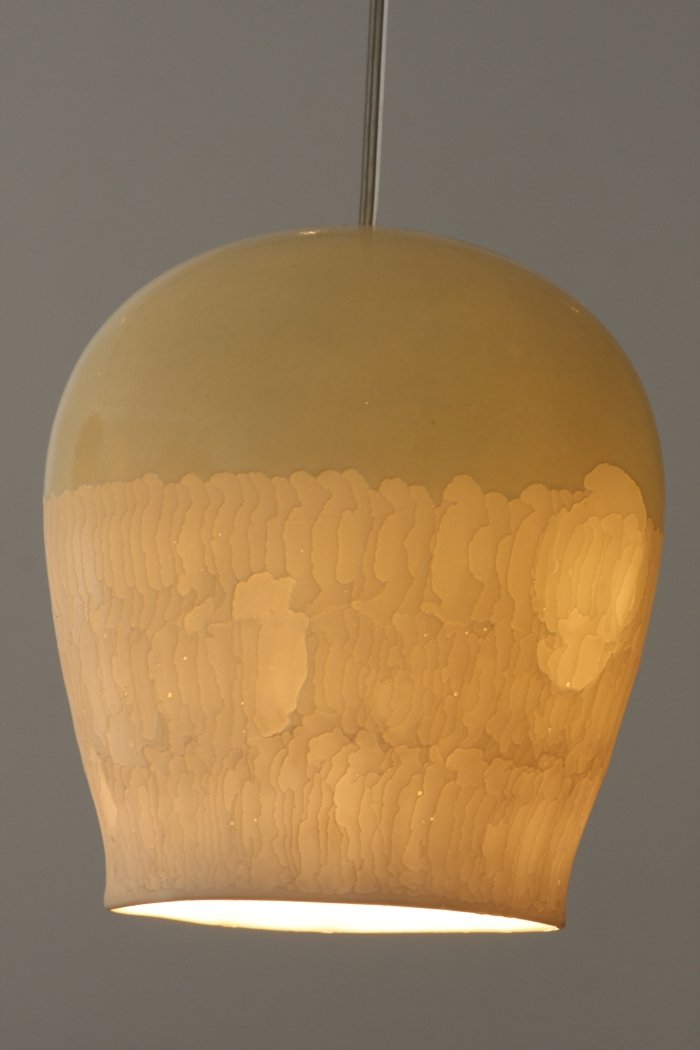
And further details on Floris Wubben at www.floriswubben.nl